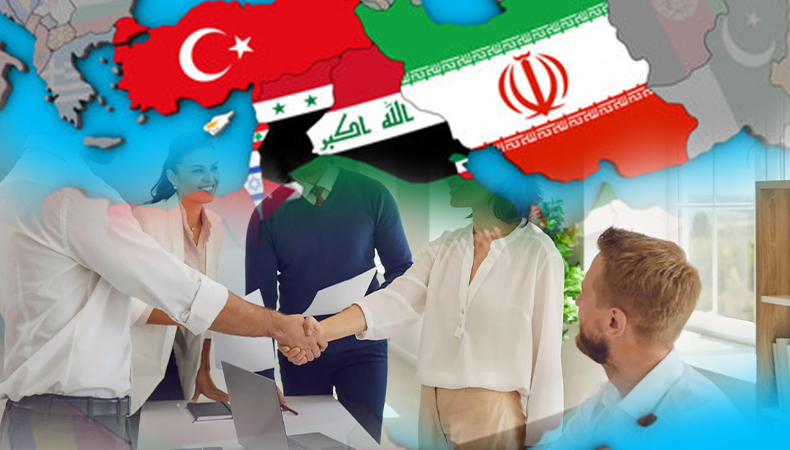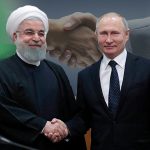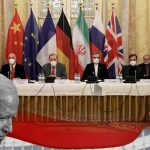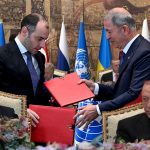MidEast investors review asset portfolio amid inflation concerns

According to the most recent Invesco Global Sovereign Asset Management Study report, rising inflation and Russia’s recent invasion of Ukraine are forcing investors in the Middle East to review their asset allocation.
Although the severe decline in equity prices and bonds’ inability to protect portfolios from rate increases have made decisions challenging, the research claims that 55% of sovereigns in the Middle East area have repositioned their holdings in expectation of more rate increases.
“Global growth is weakening, geopolitical tensions are growing, and inflation is surging. According to Zainab Faisal Kufaishi, head of the Middle East and Africa and senior executive at Invesco, “the macro environment is now more uncertain, forcing sovereigns to reassess how to position their portfolios as they look ahead.”
According to the study report, which summarized the opinions of 139 chief investment officers, global sovereigns’ fixed income allocations have steadily decreased in recent years as the majority of their funds have been allocated to alternatives in the private market, particularly real estate, private equity, and infrastructure.
Related Posts
Real estate assets are good hedges against inflation and rising yields, according to 82 percent of the respondents. According to the survey, 50 percent of Middle Eastern sovereign wealth funds are still interested in private assets and want to boost their allocations to private equity, real estate, and infrastructure over the next 12 months.
The report also pointed out that private assets now make up, on average, 22% of the global portfolios of sovereigns. As of today, sovereign investors possess $719 billion in private assets, up from just $205 billion in 2011. According to Invesco.
“While many people are turning to the private sector for solutions, we shouldn’t exaggerate how quickly this transformation is occurring. According to Rod Ringrow, head of official institutions at Invesco, “Sovereigns are walking very carefully as long-term investors and many are just making gradual changes to their portfolios, adopting a ‘wait and see’ approach. Most Middle Eastern sovereigns have lost interest in Europe as a result of the Ukrainian incursion.
According to the study report, over the course of the next 12 months, 40% of Middle Eastern sovereigns intend to lower their allocations to developed Europe and 30% to Emerging Europe. The report also stated that these respondents are most likely to broaden their exposure to the Middle East, Asia-Pacific, and North America.
Due to regulatory hurdles and government initiatives, China has reportedly become a difficult location to invest this year, according to 52% of investors. According to the report, just 20% of respondents who work for sovereign funds think that digital assets can be used as a diversifier in asset allocation and are therefore investable.
Only 7% of all sovereign investors worldwide, according to the research, have any exposure to digital assets through investments in supporting blockchain firms. About 70% of Middle Eastern sovereigns are more interested in investing in businesses that support the infrastructure for digital assets than they are in investing in actual digital assets.
But digital asset research is getting better. In 2018, 12% of all sovereigns worldwide conducted research in the area of digital assets. By 2022, that number had increased to 41%, including 40% of sovereigns from the Middle East.
The survey states that 71% of the Middle Eastern central banks are either investigating central bank digital currencies or thinking about creating one.















